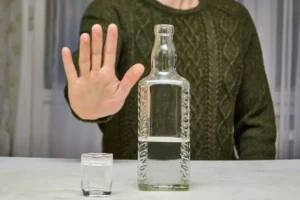
Listen to your body, start slow, and gradually increase intensity as you feel stronger. Chemical messengers in your brain, like GABA and glutamate, play crucial roles in regulating sleep. When you start drinking, alcohol mimics the effects of GABA and makes you feel sleepy. But when you drink regularly over time, your brain adapts to alcohol. As a result, it produces less of—and becomes less sensitive to—these important sleep chemicals. Since alcohol affects everyone differently, it’s important to understand where your limit lies and how much alcohol you can drink before it starts to affect your sleep.
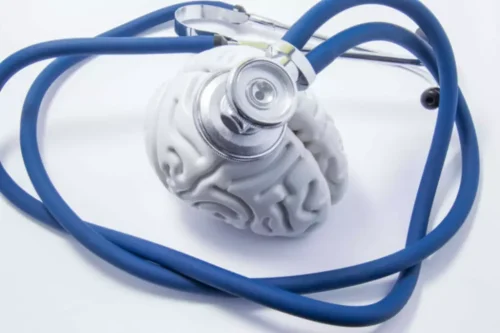
Why Intermittent Fasting Can Lead to Better Sleep
Longitudinal studies evaluating PSG sleep have demonstrated the presence of increased SOL and sleep fragmentation, a decreased TST, and, abnormalities in SWS and REM sleep stages. Although increased SOL reached normal levels by 5–9 months into recovery, sleep fragmentation persisted for 21 months and consequently TST was seen to normalize in ≤ 2 years (Adamson and Burdick, 1973, Williams and Rundell, 1981, Drummond et al., 1998). Slow wave sleep is decreased early in recovery and gradually normalizes over time and around 2 years of sobriety (Williams and Rundell, 1981, Imatoh et al., 1986, Drummond et al., 1998). Though alcohol can have a sedative effect, it has also been linked to sleep disorders like insomnia. If you’re having trouble falling or staying asleep, alcohol consumption could be a contributing factor.
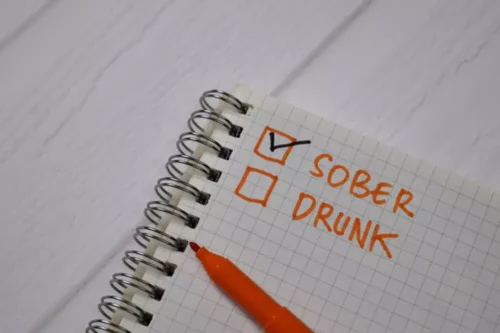
How alcohol affects your sleep
- Alcohol also interferes with your body’s ability to absorb essential vitamins and minerals from food, like folate or folic acid (vitamin B9), iron, and magnesium, which fuel your body’s tissues and functions.
- On a day-to-day basis, this doesn’t seem like that pressing of an issue.
- If you or a loved one is ready to overcome an alcohol addiction, reach out today.
- Use of standardized definitions and measures of insomnia and alcohol consumption, and prospective designs would improve future investigations.
- In doses mimicking heavy drinking, alcohol may initially improve sleep continuity during the first half of the night.
However, there are many coping skills a person can practice to improve their sleep. In other cases, it’s caused by an uncomfortable sleeping environment, substance use, or shift work. This blog covers the connection between alcohol consumption and insomnia and how you can get help to treat both conditions. If you think your drinking may be impeding your sleep or overall quality of life, speaking to https://ecosoberhouse.com/ your doctor or therapist is a great first step.
Can lifestyle changes improve sleep during alcohol withdrawal?
- During the final hours of sleep when alcohol is metabolized by the body, it can have a disruptive effect on sleep, causing frequent waking and fragmented sleep.
- Similar REM sleep changes occur during withdrawal in alcoholics with and without secondary depression (54).
- Alcohol use perpetuates sleep disturbance, which in turn provokes greater alcohol use.
- However, the prolonged use of alcohol, especially in high concentrations, alters the quality of sleep, both prolonging the time needed to fall asleep and fragmenting the duration of sleep 92.
Even moderate amounts of alcohol in your system at bedtime alters sleep architecture—the natural flow of sleep through different stages. It also leads to lighter, more restless sleep as the night wears on, diminished sleep quality, and next-day fatigue. In fact, between 35% and 70% of individuals who use alcohol have insomnia.3 It may seem surprising, considering that alcohol is a depressant, yet alcohol is known to interfere with fundamental aspects of sleep quality. Despite non-pharmacological interventions, many alcoholic patients continue to have sleep problems and request pharmacotherapy. Many agents previously used for insomnia are relatively contraindicated because of their interaction with alcohol. Alcohol potentiates alcohol insomnia the effects of barbiturates and chloral hydrate, which are almost never clinically indicated for insomnia among alcoholics.
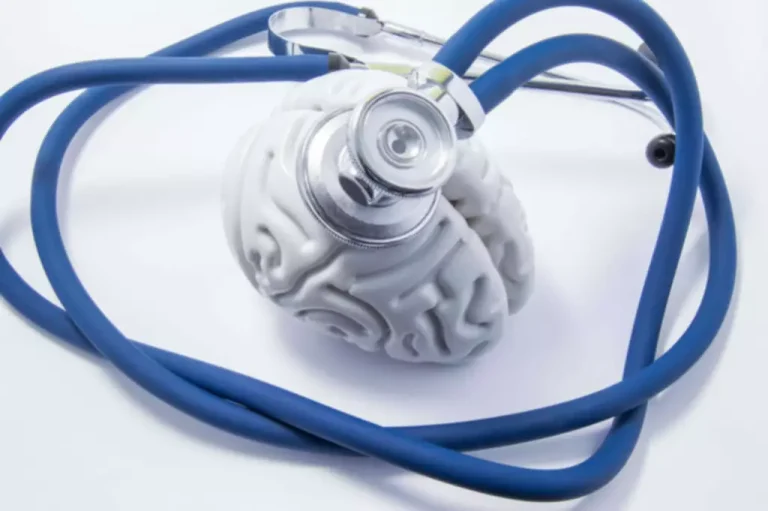
Alcohol use and the genesis of sleep disturbances can exert a strong negative pressure on already vulnerable physiological systems, leading to the onset of various illnesses and, although less important, decreased work performance. The present research sought to examine differences in alcohol consumption and insomnia disorder among work groups with different work schedules. In addition, we investigated the links between alcohol consumption and insomnia. Specifically, we found that, among people who work primarily at night, there were 33.7% of workers who engaged in harmful drinking behaviour, and 7.7% reported binge-drinking in the past year.
How Does Alcohol Affect REM Sleep?
Beyond causing drowsiness and sleep disruptions, alcohol can have other adverse effects on your sleep quality. When you drink alcohol, it’s absorbed through the stomach and small intestine and moves into your bloodstream. Once in the bloodstream, alcohol reaches your brain within minutes, where it interacts with various neurotransmitters — chemical messengers that send signals to neurons throughout your body and control your behaviors, thoughts, and feelings. We find only one (0.51%) DWs with severe clinical insomnia (Table 3).
Night Eating Syndrome: Symptoms, Causes, and Treatments
We believe everyone deserves access to accurate, unbiased information about mental health and addiction. That’s why we have a comprehensive set of treatment providers and don’t charge for inclusion. We do not and have never accepted fees for referring someone to a particular center.
Treatment & Support
Withdrawal insomnia “may last for weeks to months4 after initiating abstinence from alcohol,” says researcher Kirk J. Brower at University of Michigan Addiction Research Center. While individual experiences differ, keep in mind that this is a temporary hurdle on your path to recovery. If you drink alcohol before bed, you may also find yourself getting up more often in the night to go to the toilet. Alcohol increases levels of adenosine, a key component of the homeostatic drive. The homeostatic drive is responsible for keeping our body balanced, and it’s one of the major mechanisms that regulates the sleep-wake cycle. The homeostatic drive prompts sleep by boosting levels of adenosine when we’ve been awake for too long.
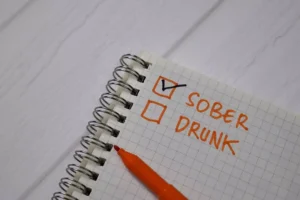
Healthy living
Some studies have reported a mild withdrawal syndrome persisting after the cessation of an acute withdrawal phase. This condition may be secondary to a hyperexcitable state of the central nervous system (Begleiter and Porjesz, 1979) and has been called protracted abstinence, protracted withdrawal phase, or late withdrawal symptoms (Heilig et al., 2010). Its main features include, mood disturbance, alcohol craving and sleep related disturbances, and they may persist for about 5 weeks (Alling et al., 1982). In the first half of the night, when the body is metabolizing alcohol, studies show people spend more time in deep, slow-wave sleep and less time in REM sleep. Sleep architecture is biologically driven and finely calibrated to meet the body’s needs during nightly rest—changes to the natural, typical structure of sleep aren’t generally good for health or well being. REM sleep, which gets shortchanged in the first half of the night under the influence of alcohol, is important for mental restoration, including memory and emotional processing.
